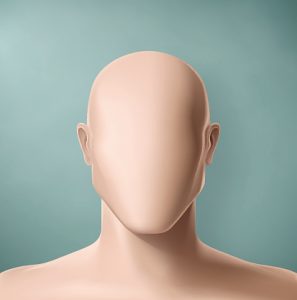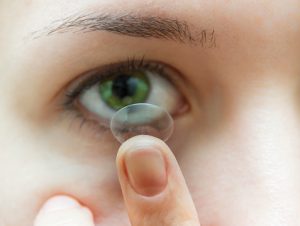Meet Tracy M. Norris, LCSW. Tracy is a dedicated social worker, doctoral student and Clinical Manager at the Flushing Hospital Medical Center’s (FHMC) Mental Health Clinic.
As Clinical Manager, Tracy’s daily responsibilities are many. Whether overseeing patient care, staffing, medication trouble shooting, communicating with administrators or providing direct consults for patients Tracy’s days are eventful.
Tracy considers every day to be her best day. No matter the challenge or accomplishment she is focused on the patient by always striving to improve patient care and overall satisfaction.
“When you know that your patients are healthy, happy and safe, you have a sense of pride and personal fulfillment” is how Tracy describes what pleases her most about the work she does.
Tracy does not keep her dedication to mental health tethered to inside the hospital. She maintains a rigorous community outreach schedule bringing her knowledge to the surrounding community and schools in Flushing.
She hosts community workshops on various topics including, but not limited to:
- Internet Safety
- Satellite Babies
- Mental Health 101
- Anger and Rage Management in Adolescents
- Parenting a pre-teen
- Cyber-Bullying
“Outreach is a way of putting a human face on a mental health issue that may be culturally stigmatized causing people to not want to reach out for help.” “I feel that if I can influence a child or help a parent to connect with their child, I have made a difference,“ stated Tracy.
To Tracy M. Norris, life is about meaning. Her work and her patients as well as being part of the social work team at Flushing Hospital Medical Center are her greatest motivation. She states, “They are a good reason to jump out of bed every day!”
All content of this newsletter is intended for general information purposes only and is not intended or implied to be a substitute for professional medical advice, diagnosis or treatment. Please consult a medical professional before adopting any of the suggestions on this page. You must never disregard professional medical advice or delay seeking medical treatment based upon any content of this newsletter. PROMPTLY CONSULT YOUR PHYSICIAN OR CALL 911 IF YOU BELIEVE YOU HAVE A MEDICAL EMERGENCY.






